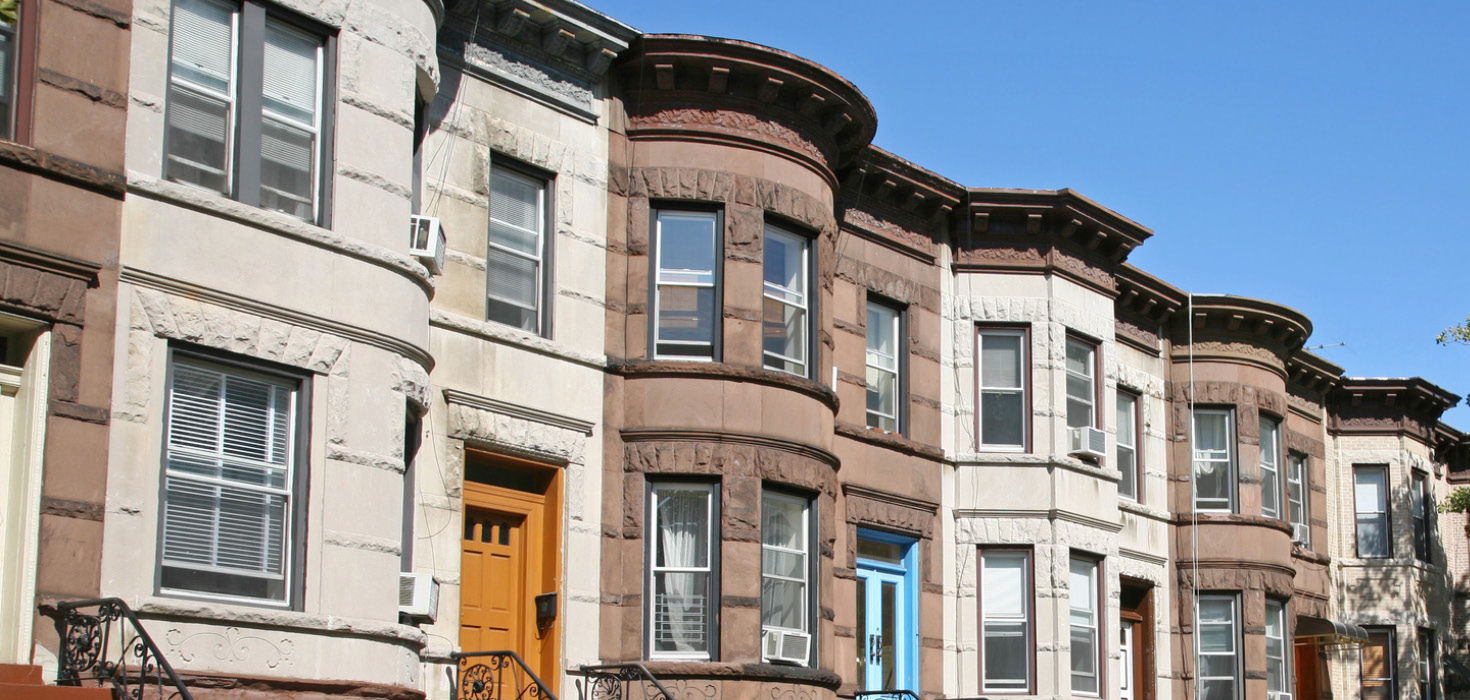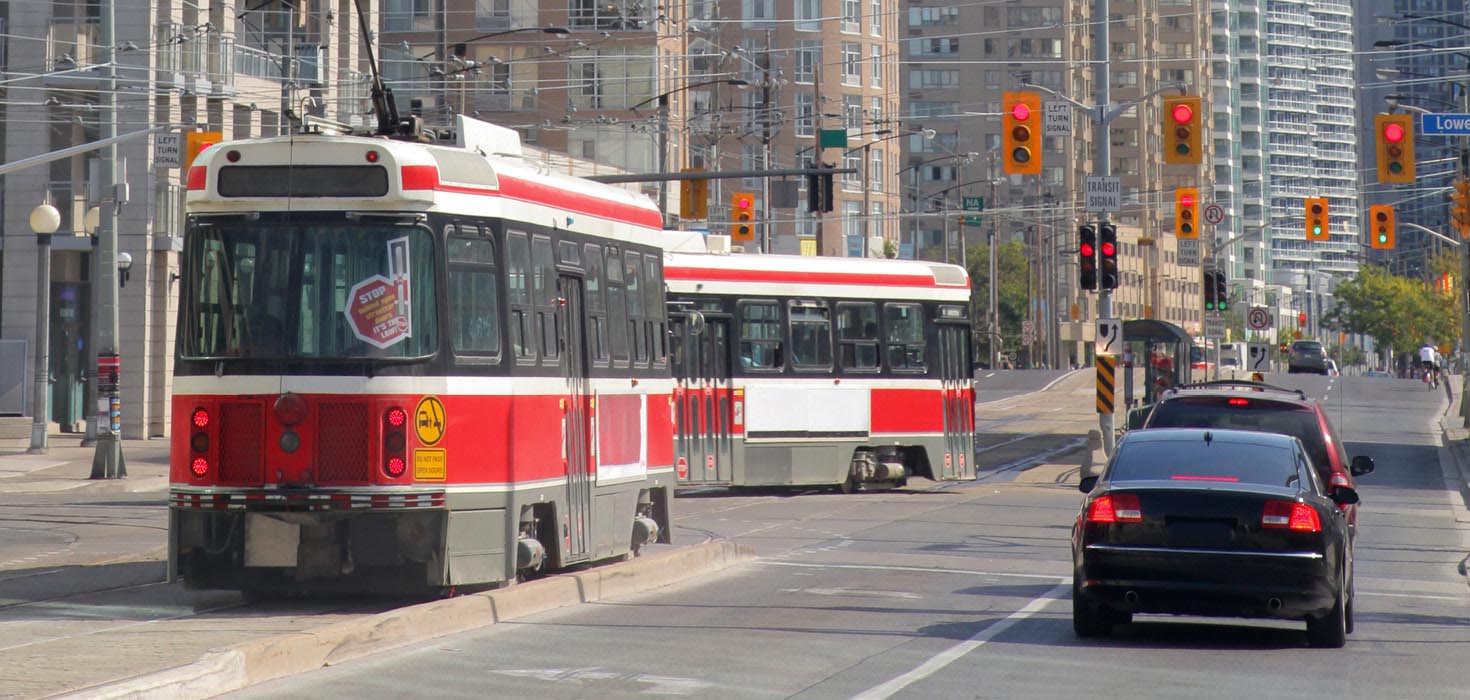Today, the Toronto Region Board of Trade released its Hit Go on Growth Toronto: 2022 Municipal Platform ahead of the election on October 24, calling on incoming leaders to #HitGo on five key areas for growth in our region. The Platform stresses urgency to move now and offers policy suggestions on mission-critical projects that can fuel the region’s economy and improve our quality of life.
“This municipal election comes at a critical time for our Region. The challenges we face today are the same as those we faced prior to the pandemic but now, in many cases, more acute,” said Jan De Silva, President and CEO, Toronto Region Board of Trade. “The key to unlocking our economic recovery and growth lies beyond individual city boundaries. It requires collective action by our region’s municipalities, the province and the federal government to address our go-forward needs for mobility and land use solutions.”
When elected officials take their seats on Toronto City Council this fall, we ask them to seek regional collaboration and bold action on the root cause issues impacting our region’s growth, competitiveness and quality of life.
“There is ample evidence that when decision-makers are bold, collaborate, and reject inertia, we see tangible progress,” said Giles Gherson, Executive Vice President and Chair, Economic Blueprint Institute, Toronto Region Board of Trade. “This can-do attitude is critical if our region is to address the intractable public policy challenges that have caused us to lag behind our global peers.”
Here are five key priorities the City of Toronto can #HitGo on today to unleash vital economic growth tomorrow:
1. THINK LIKE A REGION
Today's economy is regional. Toronto’s major challenges are not contained within our municipalities’ geographical borders. The municipalities that make up the Toronto region don’t have formal mechanisms to ensure coordination on key priorities.
2. BUILD MORE HOUSING
Over the next decade, the GTHA will need an additional 140,000 high-rise homes and 334,000 low- and mid-rise homes to keep up with projected population growth. By 2041, the GTHA is expected to add 2.256 million more people, with Toronto expected to add 431,000 people.
However, Toronto is not building enough homes for families of all income levels to meet these projections
3. ACCELERATE TRANSPORTATION
While many catch-up projects are underway, the Toronto region’s under-built and fragmented transit system continues to impact the quality of service for riders. At the same time, decarbonizing all forms of transportation is critical to achieving Toronto’s Net-Zero goals.
4. SUPPORT LOCAL TECHNOLOGY
The Toronto region is a global leader in advanced technology innovation and yet these home-grown businesses face significant barriers to growth because their technology is often not commercialized in Canada.
5. CUT RED TAPE
Starting, expanding and investing in our region remains a huge challenge for businesses – made only more onerous by unnecessary and burdensome red tape.
To learn more about the specific policy changes the Board is advocating for, visit our 2022 Toronto Municipal Election webpage.
The Toronto Region Board of Trade is one of the largest and most influential business chambers in North America and is a catalyst for the region’s economic agenda. We pursue policy change to drive the growth and competitiveness of the Toronto region and facilitate market opportunities with programs, partnerships and connections to help our members succeed – domestically and internationally.
Media Contact
Andrew Perez, Media Relations Manager
647-290-2171
media@bot.com




